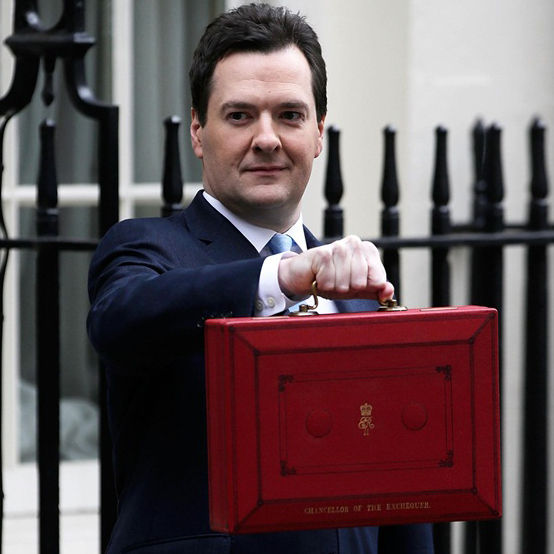
Budget 2016: Duty on beer, cider and spirits frozen; wine duty to rise
Today the Chancellor George Osborne froze the duty on beer, cider and whisky, but wine will see duty rise at the same rate of inflation as part of Budget 2016.
Speaking in the House of Commons today, he told MPs:
"I have always been clear that I want to support responsible drinkers in our nations pubs," he said. "The actions we took in the past saved hundreds of pubs and thousands of jobs. Today I back our pubs again and I am freezing beer duty and cider duty too."
Further Osborne went on to freeze duty for the spirits trade as it is increasingly becoming an important export product for the UK. "Scotch whisky accounts for a fifth of all of the UK's spirited drinks exports and we backed Scotland and backed that vital industry too with a freeze on whisky and other spirits drinks this year."
Miles Beale, chief executive of the Wine and Spirit Trade Association said: "We are pleased with the Chancellor's decision to freeze spirits duty. The 26m spirits consumers will raise a glass to that tonight!"
David Frost, Scotch Whisky Association chief executive, said: "We welcome the freeze in excise duty on spirits. We hope that this will sustain continued growth in the UK market for Scotch Whisky and thus help improve the public finances."
The wine industry however did not fare as well and will see duty rise. "All other alcohol duties will rise by inflation as plan," said Osborne.
Beale said: "We are disappointed that that 30m wine consumers have been singled out for a duty rise and what's more it is counterproductive. The freeze in wine duty in 2015 has resulted in £118m extra in revenue to the Treasury in the last 10 months, up 4%. Wine was the only alcoholic drink not to receive a cut and netted the Chancellor the most - which makes it very unfair that wine has been penalised."
Other changes that were outlined by George Osborne focused on business rates that could provide "a huge boost for small business and enterprise."
Tax initiatives that are to be implemented will focus on helping small businesses according to Osborne.
Business rate relief thresholds are also going to rise to help allow for more small business to thrive. "Business rates are the fixed cost that weigh down on many small enterprises. The new threshold for small business rate relief will raise from £6,000 to a maximum threshold of £15,000 and I am also going to raise the higher rate from £18,000 to £51,000," said Osborne.
"Let me explain to the house what this means. From April next year 600,000 business will pay no business rates at all. And a quarter of million business will see their rates cut," he said.
Corporate tax is also expected to be lowered to 17% by April 2020.
He said: "Our policy is not raise taxes on business; our policy is to lower taxes on business. So everything we collect from the largest firms who are trying to pay no tax will be used to help millions of firms who pay their fair share of tax. I can confirm to day we are going to reduce the rate of corporation tax even further."




